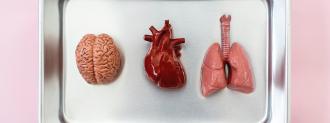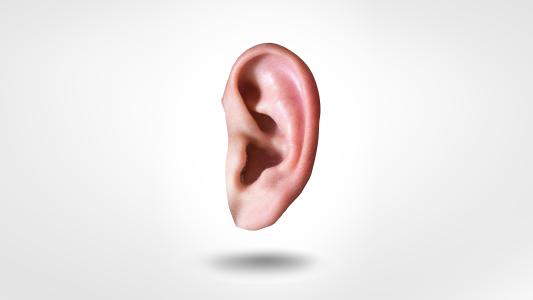In just six months, the novel coronavirus has infected upwards of seven million people and killed at least 400,000 — yet scientists still don’t know exactly what happens when the virus enters the human body.
To unravel that mystery, some researchers are turning to organoids — lab-grown clumps of cells that mimic the function of full-size human organs.
Infecting Organoids
Organoids typically start out as just a few stem cells in a petri dish.
Researchers then coax the cells into developing into simplified versions of various organs — in the past, they’d grown kidneys, livers, and even mini-brains that produce detectable brain waves.
Organoids aren’t perfect replicas of the organs in our bodies, by any means, but they are incredibly useful research tools. Scientists can use them to see how organs develop, study the impact of diseases on cells, or test new treatments and drugs.
COVID-19 is a respiratory disease, so it makes sense, then, that researchers at Boston University’s National Emerging Infectious Diseases Laboratories (NEIDL) are turning to lung organoids in pursuit of much-needed answers about the coronavirus.
Organoids allow us to test treatments in a very agile way.
Núria Montserrat
The team is infecting a variety of lung organoids with the coronavirus, including ones containing two specific types of lung cells.
The first are called alveoli cells. These are the air sac cells that deliver oxygen to the bloodstream and take carbon dioxide out of it. The other kind are called Type II lung cells, which are found in the alveoli and secrete a substance that helps the air sac cells stay open.
Researcher Finn Hawkins told MIT Technology Review that these Type II cells have appeared “very badly damaged” in autopsies of COVID-19 patients.
“We know (the cells) are infected by the virus,” he said. “That is the key cell type to understand what is killing these patients. You get completely closed alveoli, and that’s what causes issues with oxygenation.”
The group is hopeful that the information they learn about alveoli and Type II cells from the organoids will help them understand the domino effect that takes place in the body during a coronavirus infection.
“We suspect the virus is triggering something,” Hawkins said. “What we are really interested in seeing is: when a virus gets in a cell, what are the downstream consequences?”
Combating the Coronavirus
NEIDL isn’t the only place where researchers are looking to lung organoids for answers about the novel coronavirus.
On June 1, a team at the Ruhr-University Bochum in Germany launched the “Analysis of Sars-Cov-2 Infected Human Lung Organoids” project (or “Organsars,” for short).
The government has already agreed to fund the project for 18 months, during which time the researchers plan to study how the different cell types in their organoids react to a coronavirus infection.
They also plan to study what happens when they introduce various potential coronavirus treatments to the cells, including remdesivir and chloroquine.
Other groups are using different types of organoids altogether to study the coronavirus.
In April, an international team of researchers published a study in the journal Cell detailing their use of kidney and blood vessel organoids in the development of an antiviral therapy for COVID-19.
“Using organoids allows us to test in a very agile way treatments that are already being used for other diseases, or that are close to being validated,” Núria Montserrat, one of the authors of that study, said in a press release.
“In these moments in which time is short, human organoids save the time that we would spend to test a new drug in the human setting,” she added.
We’d love to hear from you! If you have a comment about this article or if you have a tip for a future Freethink story, please email us at [email protected].






